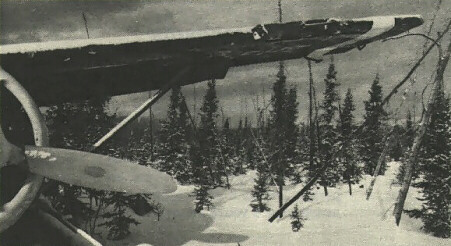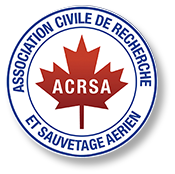From Issue 6/75

There's a school of thought which goes "you can't avoid having accidents", and we must admit that statistical evidence seems to be on their side. But a close look at accidents reveals that few, if any, ever needed to have taken place.
It's our firm opinion that assuming the inevitability of accidents saps the positive thinking of those who are in the best position to prevent them. Persons involved in accidents sometimes reveal a startling lack of appreciation for this fact. You'll hear "Some kinds of flying are dangerous; you only have to look at the accident record to see that"!
Take the pilot who lands a small ski-equipped cargo plane at a remote frozen lake. On landing he discovers that the surface is quite slushy and that he has picked up a fair amount of the stuff during the landing roll. He unloads his cargo, kicks off the accumulation around the skis and sets out for the takeoff. On his first attempt he gets nowhere so he decides to use the landing tracks. This time, things go a little better but acceleration is still poor. With only 250-300 yards of lake remaining at 40 mph "I elected to carry on and obtain 50 mph and rotate...". Inasmuch as there was a shoreline and trees at the end of the lake, that attitude took some self-control! The aircraft became airborne for a short distance but was so close to the stall that the aircraft wouldn't accelerate. The inevitable happened and the aircraft crash-landed into trees.
It was the pilot's contention that "I honestly don't know how this could have been avoided in this situation...". And he's right. The problem is that the pilot meant by "situation" the compelling urge to make good a takeoff run which obviously wasn't going well, and indeed, to attempt a takeoff in conditions like that in the first place. Certainly, there was pressure to get the aircraft out, but as it happened it stayed there for quite a while longer.
Originally Published: ASL 1/1998
Original Article: From Issue 6/75









